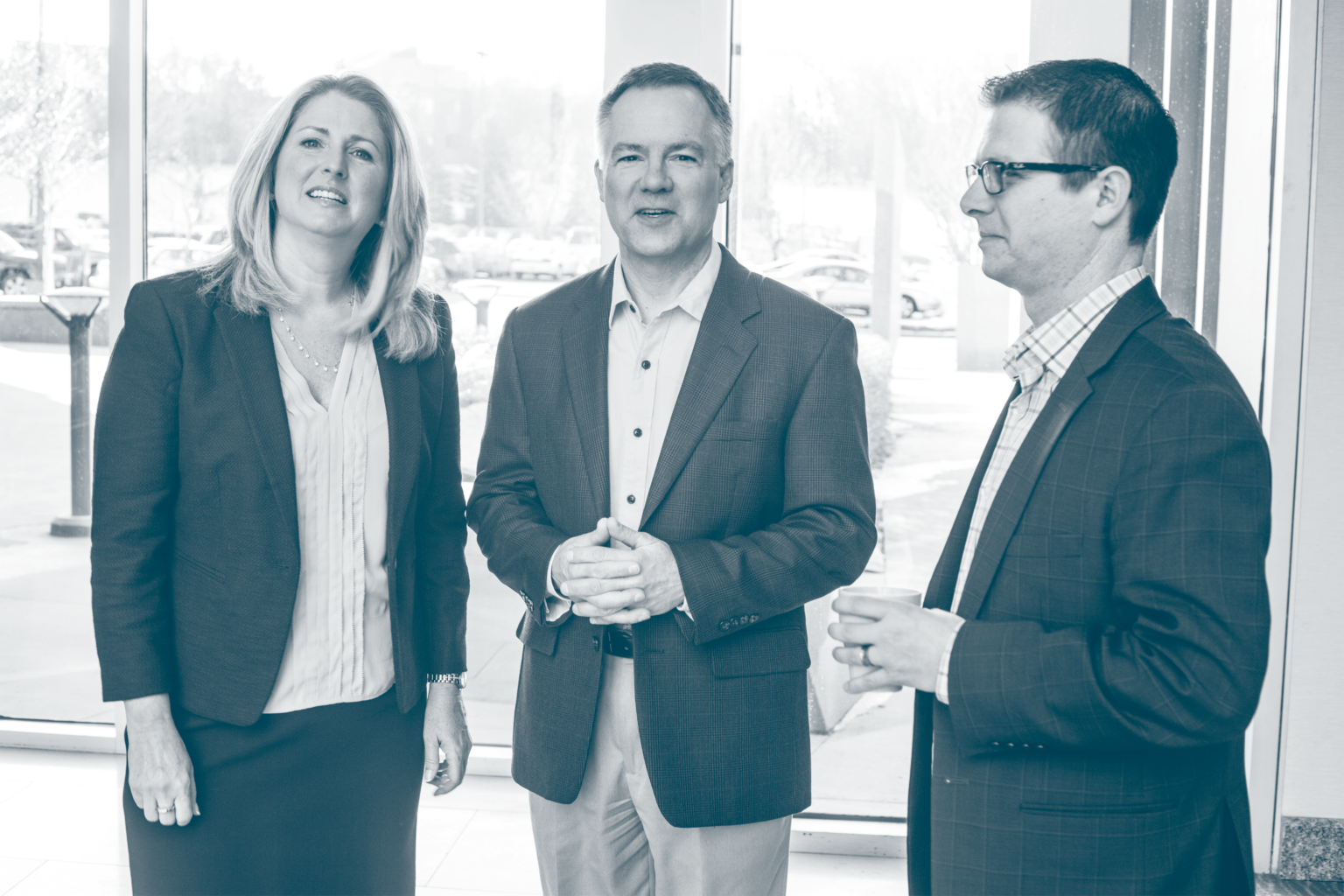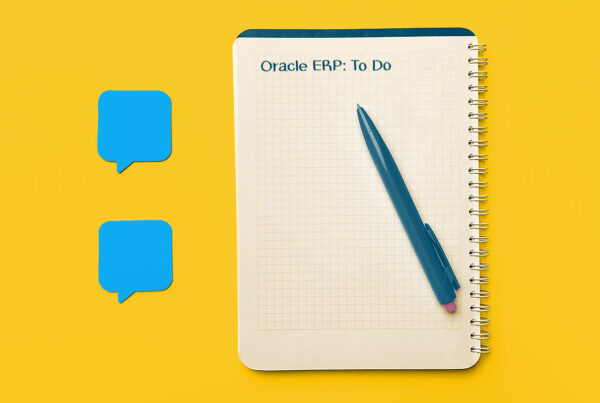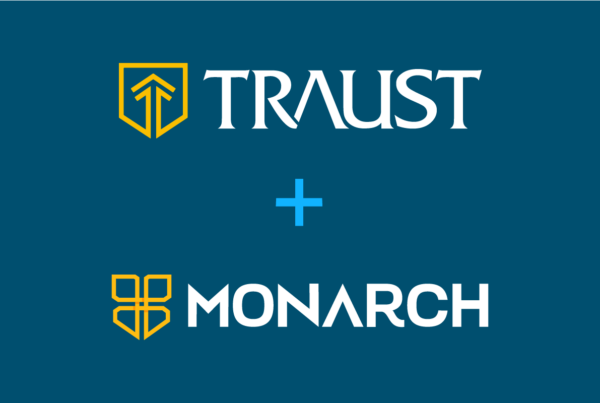We all have our own career journeys that have shaped the employee we are today. It’s what makes us unique in our experience, work style, preferred tactics, and strategies. The combination of experiences and influences is how we assign value to our skills, as well as how we assess other’s ability to collaborate.
When we find peers and colleagues of like-minded work styles, their opinions and advice have an enormous weight, especially as we evaluate new tools, services, employees, and opportunities needed in our work environment. So, can a formal selection process ever stand up against what my most trusted advisors are telling me?
Until now, I’ve always worked for medium and large companies that formalized all processes with rigor evaluation to ensure the best solution was always selected. Of course, I don’t have any formal statistics. Still, my gut tells me that their excellent investment in time and resources doesn’t necessarily yield a significant improvement in success and satisfaction ratings. I recently read a book that gave me pause on this topic.
Malcolm Gladwell wrote “Blink” several years ago to help us understand the value in the snap judgments we make in people, environments and situations, and how your intuition should not so quickly be ignored. As you mature in your career, a countless number of scenarios have crossed your desk, slowly shaping and developing a keen sense of what will be successful in your work demands. In short, whether you can articulate it or not, your gut and the perspectives of those you trust the most have enormous value.
Don’t Ignore Your Intuition when Making Business Decisions
Now, I’m not advocating that we abandon research and due diligence in our decision making at work. What I am suggesting is that your career is a lifetime of research that you should trust and apply to the decisions you make. Maybe your next significant software selection process for your organization doesn’t require a team of 10 in a conference room for 90 days, exhausting the countless options available, only to determine that you’ve just solicited personal preferences of each team member and that most enterprise software tools can meet the needs of most organizations; and you likely could spend the 1,500 hours spent in the selection process to customize and personalize software to meet the unique needs of your company. Analysis paralysis is a real thing, and it costs our companies dearly in making real progress.
Throughout my career, I almost without exception solicit the perspective of a trusted colleague or advisor on a crucial future decision. 9 times out of 10, even after a formal selection process, I end up aligning with my mentor’s original advice or my original gut choice. And, even more often, I could have taken that advice without significant consequence.
We want to feel confident in our decisions because of their importance. We want to mitigate the risk of failure because it makes us feel safer at work. When we can dilute the responsibility of decisions to a consensus, we avoid standing on the chopping block alone. However, those that dare to dare greatly, trust themselves, their experience, their ability to adapt, and the team they surround themselves with, real success and real progress are found.





